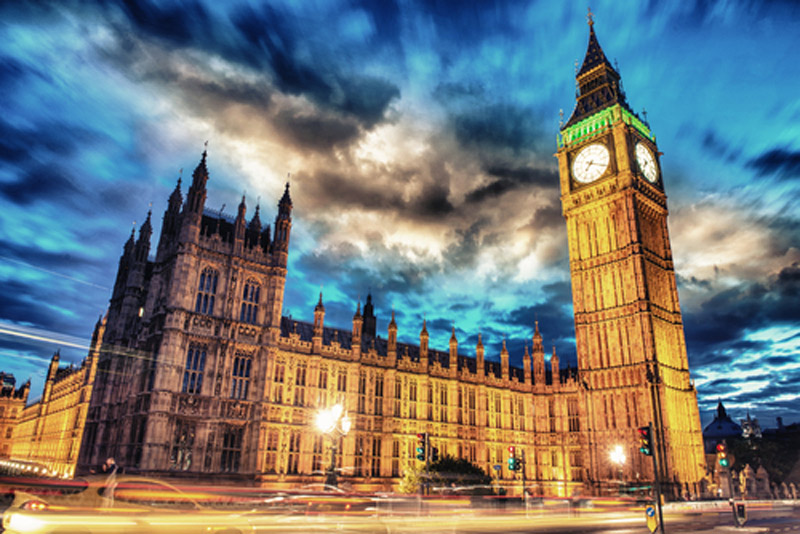

The regulation of surveillance technology is not keeping up with the tech’s rapidly increasing capabilities, the Biometrics and Surveillance Camera Commissioner has said – at a time when the government is planning to scrap his role.
The office of commissioner Prof Fraser Sampson is to be ended by the Data Protection and Digital Information Bill, if it becomes law.
In the meantime the government has temporarily extended Prof Sampson’s role beyond his end of tenure on 28 February, saying ministers would “consider what arrangements” would replace the office.
Sampson filed his first – and probably last – 107-page annual report merging his biometrics and surveillance roles.
The Data Protection and Digital Information Bill, introduced in July 2022, would transfer Sampson’s surveillance role to the Information Commissioner’s Office and his biometrics responsibilities to the Investigatory Powers Commissioner.
Sampson noted that any future regulatory oversight for the exploitation of new surveillance technology by the police “remains undecided”.
He highlighted constant improvements in biometric technology, whose “potential for improving police efficiency and effectiveness cannot be overstated”.
“I echo the view of others in recognising the need for legislation and guidance to provide greater certainty and accountability in this area,” he wrote.
The Surveillance Camera Code of Practice recently passed by Parliament is the only legal instrument to “expressly to acknowledge that Live Facial Recognition has a legitimate role in policing”, he wrote, while pointing out that the Data Protection and Digital Information Bill would remove the duty of the Home Secretary to publish this code of practice.
“I believe the contribution of this legislative instrument is borne out by the certification schemes that my office has in place and by the absence of challenge that those organisations adopting it have encountered over the past decade,” he argued.
The Home Office said in a statement there is a “comprehensive legislative framework for all organisations, including the police’s, use of surveillance cameras outside the Surveillance Camera Code”.
It said it was introducing a simplified system and that oversight of surveillance cameras would be “clearer for the police and public to understand”.
American space agency prepares for testing of Boeing's Starliner, to ensure it has two space…
As UK and Europe develop closer military ties, European Commission says it will invest €1.3…
Zuckerberg seeks to revive Facebook's original spirit, as Meta launches Facebook Friends tab, so users…
Notable development for Meta, after appeal against 2021 WhatsApp privacy fine is backed by advisor…
First sign of shake-up under new CEO Lip-Bu Tan? Three Intel board members confirm they…
Trump's nominee for SEC Chairman, Paul Atkins, has pledged a “rational, coherent, and principled approach”…